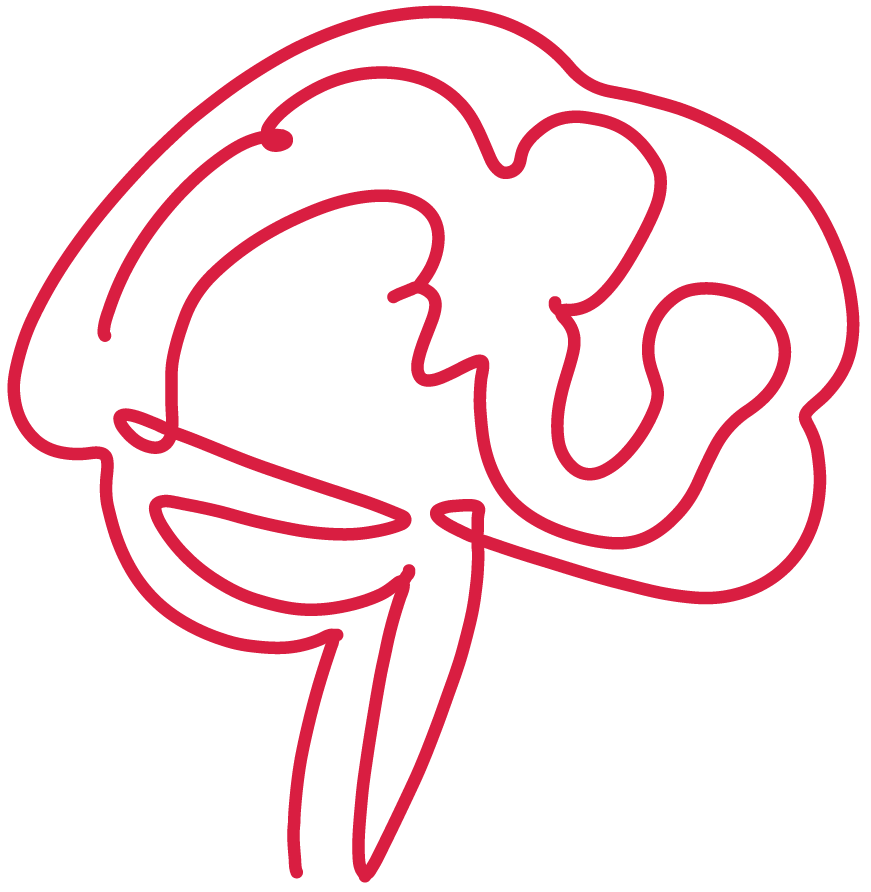
Sports Psychiatry vs. Sports Psychology
For many, it is not often clear what the difference is between a psychiatrist and psychologist, let alone the difference between those that are specializing in sports. There are significant overlaps between these two important mental health fields, and they often work together in addressing athlete mental health, so let’s dive right in.
Sports Psychiatry primarily focuses on the diagnosis and treatment of mental health disorders within a medical framework. Sports Psychology may involve helping the athlete with performance optimization in an athlete with or without a mental health diagnosis; or using therapy and counseling to treat existing mental health disorders.
A psychiatrist has a medical degree and license. They see and understand the mental health disorder in the biological and medical context of the human body. They understand how a person’s other medical conditions can affect the mental health diagnosis, and vice versa. They can order medical diagnostic tests and prescribe medications, in addition to having the skills and training to do psychotherapy. The following are case examples that can help illustrate the roles that each type of specialist can play in the treatment of a patient.
A gymnast with an eating disorder
A gymnast is struggling with her body image and weight. She finds herself anxiously checking her weight and reflection multiple times a day. She resorts to excessively restricting calories and doing extra training sessions to lose weight and makes herself vomit whenever she feels guilty for eating too much. Soon, her performance is affected. She is unable to recover well between training days and starts to get sick easily. Her coach becomes concerned and refers her to a psychotherapist, whom she meets with weekly in addition to attending a peer support group for people struggling with disordered eating. However, her symptoms and behaviors continue worsen to the point that she became underweight, stopped having her periods, and developed a stress fracture in her foot. She gets referred to a Sports Psychiatrist. The psychiatrist diagnoses her with Anorexia nervosa, and begins treatment with medications, orders and routinely monitors her blood tests and electrocardiogram, and regularly checks on her nutrition plan, energy expenditure, and menstrual status. She was temporarily disallowed from training because of her increasingly poor health and was referred to a specialized Eating Disorder Intensive Outpatient Program which she attended for three weeks. Afterwards, she continues to meet with a Sports Psychologist regularly for psychotherapy to improve her self-esteem and anxiety. She starts to see some improvements and continues her gradual path to recovery.
A fighter grappling with grief and depression
An MMA fighter becomes overwhelmed with grief and worry after the unexpected death of a family member. He feels sad nearly all days of the week and constantly worries about losing another loved one, even though everyone around him is healthy. He finds himself unable to sleep, unmotivated to train, and struggling with suicidal thoughts. His team has access to a Sports Psychiatrist, who after conducting an initial evaluation, diagnoses him with a first episode of depression and prescribes an antidepressant. The psychiatrist also helps him deal with his grief and anxiety by helping him re-frame his thoughts about dying and mortality using cognitive behavioral therapy, while also regularly assessing the severity and dangerousness of his suicidal thoughts. Soon, he is no longer suicidal and starts seeing a Sports Psychologist to continue working on his grief. As he improves, they re-establish his athletic goals, and start to work on improving his mental game once more.
Obsessions and compulsions in a cyclist
A cyclist recalls always having perfectionistic and obsessive tendencies for as long as he can remember. As a child, he went through a brief phase where he was counting various items he interacted with throughout the day, and always had to do everything an even number of times. He discovered the sport of cycling as a teenager and immediately became hooked, recording all the various statistics and physiological parameters he could track using his wearable devices and gadgets. This keen interest later turn into bothersome and intrusive obsessions and start to affect his ability to go about his day, so he starts doing psychotherapy with a Sports Psychologist. Unfortunately, while his obsessions over his health and performance data improved, he developed new obsessions about germs and contamination. He develops disabling rituals involving excessive handwashing, disinfecting, and cleaning. Because therapy alone was not helpful enough, he was referred to a Sports Psychiatrist who diagnosed him with Obsessive-Compulsive Disorder. The psychiatrist prescribes a selective serotonin reuptake inhibitor (sSRI) medication and a beta-blocker that would slow his heart rate — one goal was to decrease his anxiety enough so that he could better engage in therapy. While the sSRI was well-tolerated, the sports psychiatrist understood that the beta-blocker was limiting the athlete’s training because it affected his heart’s ability to beat faster in response to exercise. In conjunction with their monthly medication review appointments, the psychiatrist initiates weekly Exposure and Response Prevention sessions with the athlete, which is a specific type of structured therapy for OCD. The athlete’s high persistence and love of structured programs prove helpful, and he quickly improves. They were able to discontinue the beta-blocker promptly after, and the next goal was to wean off the sSSRI as soon as possible, while he continued working with his psychologist.
In summary, while both fields support athlete mental health, a Sports Psychologist primarily focuses on optimizing performance, whether or not the athlete has a diagnosed mental health disorder, or administers therapy to treat a mental health disorder, but without the use of medication. A Sports Psychiatrist may deal with more complex or severe cases, usually to the degree that a disorder can be diagnosed. Because of their medical training and license, they can take into account the rest of the athlete’s physiology and other biomedical context, and can utilize medications as an additional tool in treatment.
Find out if you might benefit from having a Sports Psychiatrist managing your care.
Disclaimer – the information on this website does not constitute medical advice. No doctor-patient relationship is formed. Please seek the attention of a qualified medical professional for your concerns.

Expert Psychiatric Services tailored for athletes and those with active lifestyles, serving California and Nevada.
NEWS
Stay up to date on news and blog posts by subscribing to the ESMH newsletter below: